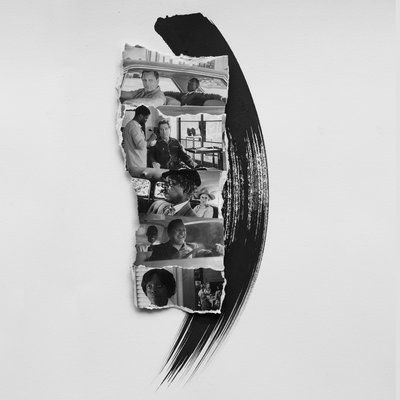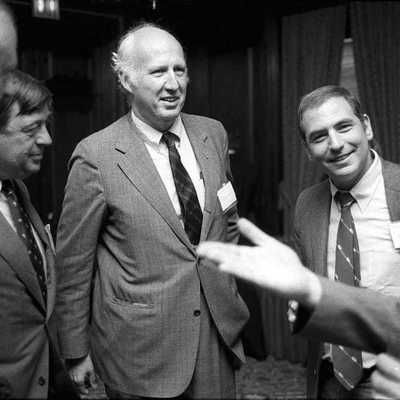Tommy Tomlinson, a former newspaper columnist, is the host of Southbound podcast. His new book is The Elephant in the Room: One Fat Man's Quest to Get Smaller in a Growing America.
“The thing that galvanized me was the death of my sister. I signed the contract November 2014, she died Christmas Eve of that year. She had been overweight just like me. She was older than me and died from complications, an infection that was directly connected to her weight. And that more than anything made me think if I don’t deal with this now, I’m not going to be around in 10 years to write this book. So, the book helped certainly. The idea that I was going to put this stuff on paper and expose myself in this way to the world and I didn’t want to be a failure at the end of it. More than that, I didn’t want to be a failure because I didn’t want to be a failure. I don’t want to die.”
Thanks to MailChimp and Pitt Writers for sponsoring this week's episode.






